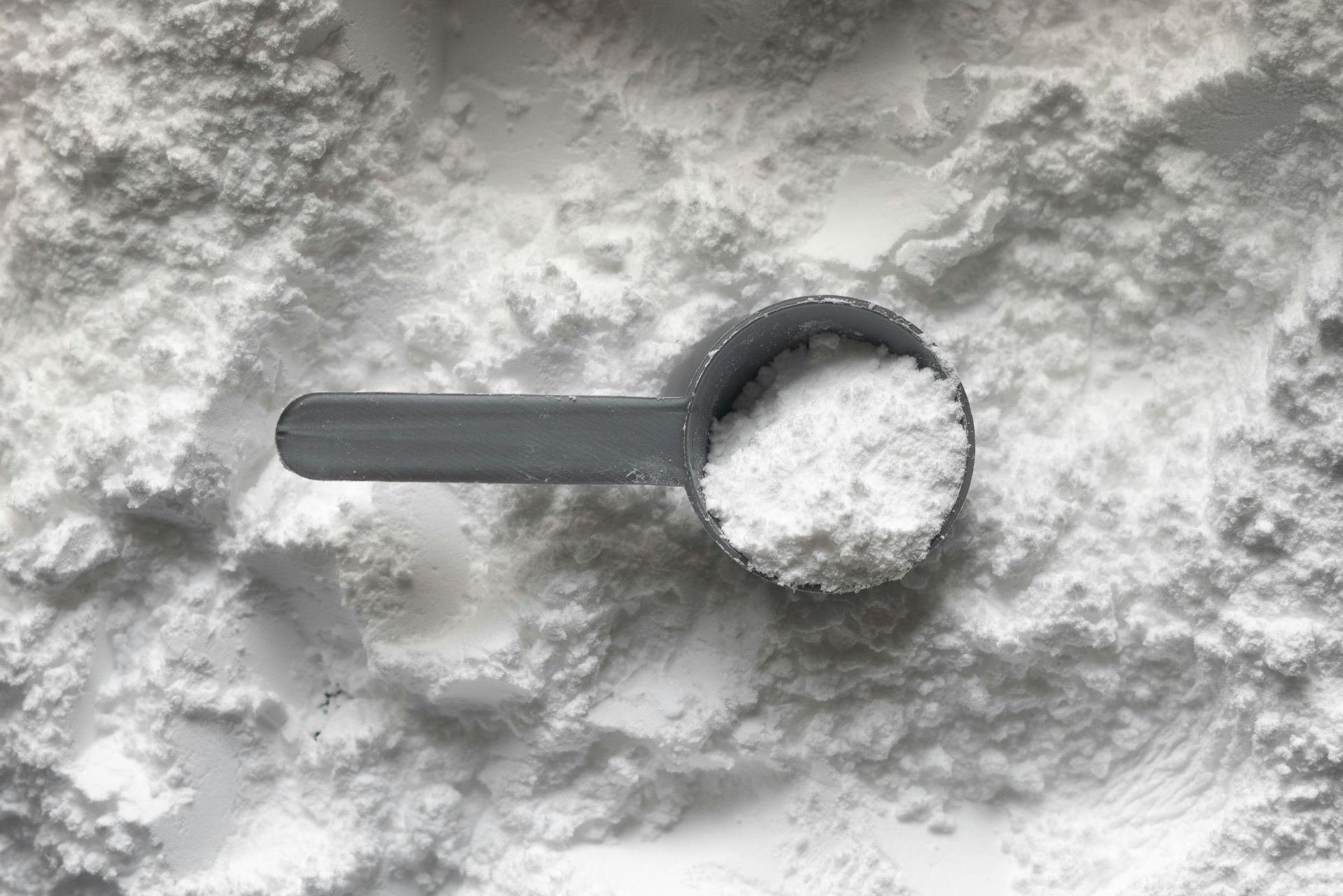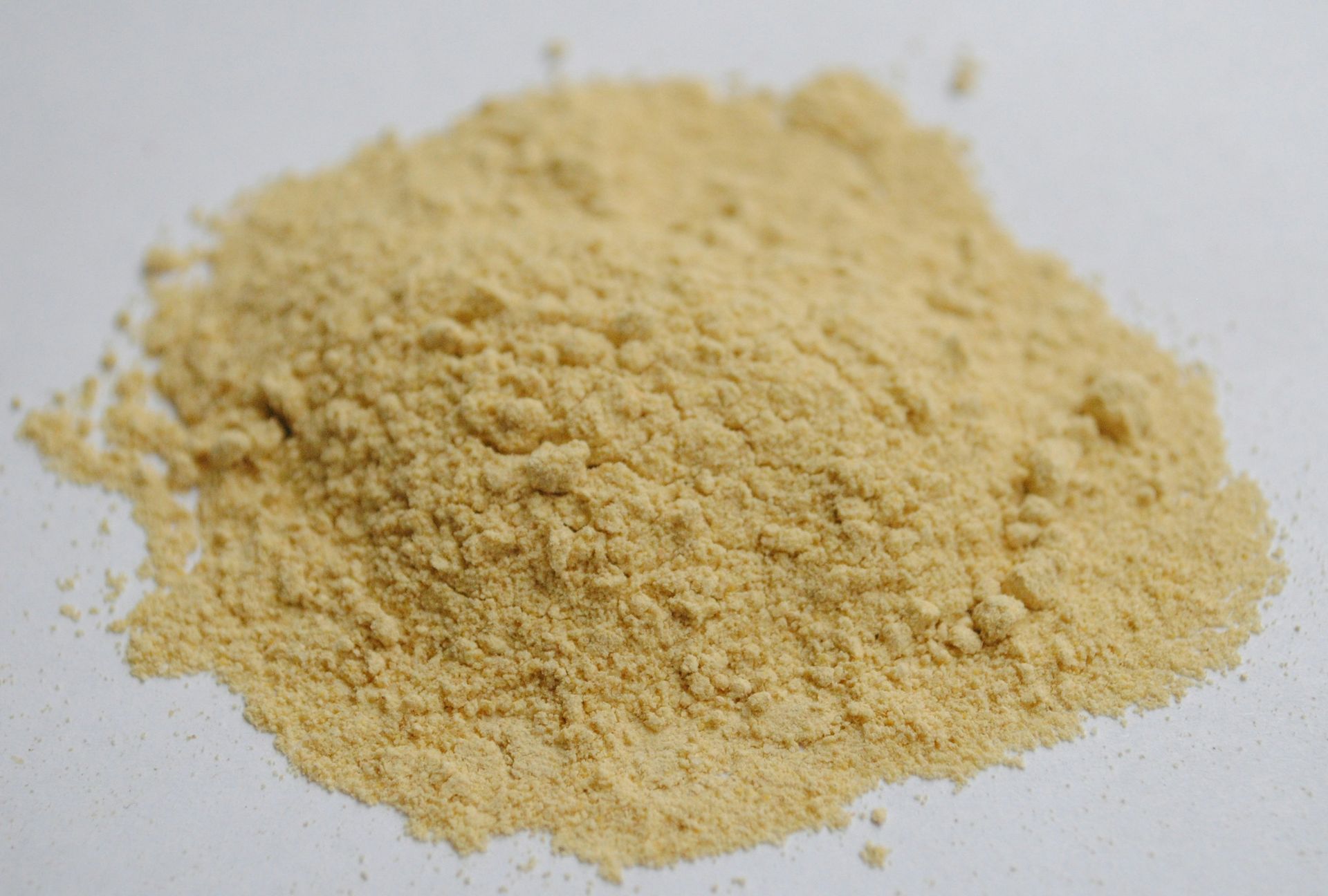As the quest for effective weight loss solutions continues in 2024, certain supplements have emerged as potential aids backed by scientific evidence. While not magic bullets, magnesium, B vitamins, protein powder, fiber supplements, and specific probiotic strains show promise in supporting weight loss efforts when combined with a healthy diet and exercise regimen.
Magnesium Benefits and Dosage
Magnesium is an essential mineral that plays a crucial role in various bodily functions, including energy production and metabolism, making it potentially beneficial for weight loss efforts. While not directly causing weight loss, magnesium supplementation may support overall health and weight management in several ways:
1. Improved insulin sensitivity: Magnesium helps regulate blood sugar levels and insulin response, which can be beneficial for weight management and reducing cravings[1].
2. Enhanced energy production: As a cofactor in numerous enzymatic reactions, magnesium supports efficient energy metabolism, potentially aiding in physical activity and exercise performance[1].
3. Stress reduction: Magnesium has a calming effect on the nervous system, which may help reduce stress-related eating and promote better sleep - both factors that can influence weight management[3].
4. Muscle function: Adequate magnesium levels support proper muscle function, which is important for maintaining an active lifestyle and preserving lean body mass during weight loss[1].
The recommended dietary allowance (RDA) for magnesium varies by age and gender:
- Adult men: 400-420 mg per day
- Adult women: 310-320 mg per day (350-360 mg during pregnancy)[1]
For weight loss support, a typical supplemental dose ranges from 200-400 mg per day, taken with food to improve absorption and reduce the risk of gastrointestinal side effects[1]. It's important to note that magnesium can interact with certain medications, so consulting with a healthcare provider before starting supplementation is advisable.
While magnesium supplements can be beneficial, obtaining magnesium through a balanced diet rich in leafy greens, nuts, seeds, and whole grains is ideal. Supplements should be used to complement, not replace, a healthy diet and lifestyle for optimal weight management results.
Magnesium Types and Absorption

There are several types of magnesium supplements available, each with varying levels of bioavailability (how easily they are absorbed by the body).
Here's a ranking of common magnesium forms from most to least absorbable:
1. Magnesium glycinate: Highly absorbable and less likely to cause digestive side effects[1][2].
2. Magnesium citrate: Well-absorbed and often used for its laxative properties[1][2].
3. Magnesium chloride: Good absorption rate and often used in topical applications[2].
4. Magnesium lactate: Easily absorbed and gentle on the digestive system[1].
5. Magnesium aspartate: Well-absorbed and often combined with other minerals[1].
6. Magnesium L-threonate: Specifically designed for brain absorption, but less data on overall body absorption[2].
7. Magnesium malate: Moderately absorbed and may help with muscle pain[2].
8. Magnesium sulfate (Epsom salt): Poorly absorbed orally but used topically for muscle relaxation[2].
9. Magnesium oxide: Poorly absorbed but often used in higher doses for its laxative effect[2][3].
It's important to note that absorption can vary based on individual factors and health conditions. The most bioavailable forms (glycinate, citrate, chloride) are generally recommended for those seeking to increase their magnesium levels effectively[1][2][3]. Always consult with a healthcare provider before starting any new supplement regimen.
B Vitamins for Fat Metabolism

B vitamins play a crucial role in energy metabolism and may support weight loss efforts by enhancing the body's ability to process fats, carbohydrates, and proteins. While not directly causing weight loss, B vitamins are essential for maintaining a healthy metabolism and energy levels, which can indirectly support weight management goals.
Key B vitamins involved in fat metabolism include:
1. Vitamin B1 (Thiamine): Helps convert carbohydrates into energy and supports proper nervous system function[3].
2. Vitamin B2 (Riboflavin): Assists in breaking down fats, proteins, and carbohydrates for energy production[3].
3. Vitamin B3 (Niacin): Plays a vital role in energy metabolism and may help regulate blood sugar levels[3].
4. Vitamin B5 (Pantothenic Acid): Essential for synthesizing and metabolizing fats, proteins, and carbohydrates[3].
5. Vitamin B6 (Pyridoxine): Involved in protein metabolism and helps the body use stored energy from carbohydrates and fats[3].
6. Vitamin B12 (Cobalamin): Supports the metabolism of fatty acids and amino acids, and may play a role in fat metabolism[3].
While B vitamin supplements are available, it's generally recommended to obtain these nutrients through a balanced diet. Foods rich in B vitamins include:
- Whole grains
- Lean meats
- Fish
- Eggs
- Legumes
- Leafy green vegetables
- Nuts and seeds
For those considering supplementation, a B-complex supplement containing all essential B vitamins is often recommended. Typical dosages in supplements range from:
- B1: 1.1-1.2 mg/day
- B2: 1.1-1.3 mg/day
- B3: 14-16 mg/day
- B5: 5 mg/day
- B6: 1.3-1.7 mg/day
- B12: 2.4 mcg/day[3]
It's important to note that excessive intake of certain B vitamins, particularly B3 and B6, can lead to adverse effects. Therefore, it's advisable to consult with a healthcare provider before starting any B vitamin supplementation regimen, especially for weight loss purposes.
While B vitamins are essential for overall health and metabolism, they are not a magic solution for weight loss. Their effectiveness in supporting weight management is best realized when combined with a balanced diet, regular exercise, and other healthy lifestyle habits.
Protein Powder for Satiety

Protein powder is a popular supplement that can support weight loss efforts by promoting satiety and helping to preserve lean muscle mass during calorie restriction.
Here's how protein powder can aid in weight management:
1. Increased satiety: Protein is highly satiating, meaning it helps you feel full for longer periods. This can lead to reduced overall calorie intake throughout the day[1][4].
2. Muscle preservation: During weight loss, adequate protein intake helps maintain lean muscle mass, which is crucial for maintaining a healthy metabolism[4].
3. Thermic effect: Protein has a higher thermic effect compared to carbohydrates and fats, meaning the body burns more calories digesting and processing protein[4].
When choosing a protein powder for weight loss, opt for options with minimal added sugars and artificial ingredients. Some popular types include:
- Whey protein: Fast-absorbing and rich in essential amino acids
- Casein protein: Slow-digesting, providing a steady release of amino acids
- Plant-based proteins: Such as pea, rice, or hemp protein, suitable for vegetarians and vegans
Dosage and timing:
- Aim for 20-30 grams of protein per serving[4]
- Consume 1-2 servings daily, depending on your overall protein needs and diet
- For weight loss, consider having a protein shake:
- As a meal replacement (ensure it contains adequate nutrients)
- Between meals to curb hunger
- Post-workout to support muscle recovery
It's important to note that while protein powder can be a convenient way to increase protein intake, it should not replace whole food sources of protein entirely. A balanced diet with a variety of protein sources is ideal for overall health and weight management.
When incorporating protein powder into your weight loss plan, be mindful of total calorie intake. While protein is beneficial, excessive calorie consumption from any source can hinder weight loss efforts. Always consult with a healthcare professional or registered dietitian before making significant changes to your diet or supplement regimen, especially if you have any underlying health conditions or are taking medications[1][4].
Fiber and Probiotics for Weight Loss

Fiber and probiotics are two key supplements that can support weight loss efforts by promoting digestive health, enhancing satiety, and potentially influencing metabolism.
Here's how these supplements can aid in weight management:
Fiber Supplements:
Fiber supplements can be effective for weight loss by:
1. Increasing satiety: Fiber absorbs water and expands in the stomach, helping you feel full for longer periods[3].
2. Slowing digestion: This leads to a more gradual release of glucose into the bloodstream, potentially reducing cravings and overeating[3].
3. Supporting gut health: Fiber acts as a prebiotic, feeding beneficial gut bacteria which may influence metabolism and weight[3].
Common fiber supplements include:
- Psyllium husk
- Glucomannan
- Inulin
Dosage: Aim for 25-30 grams of total fiber daily from both diet and supplements. Start with a lower dose and gradually increase to avoid digestive discomfort[3].
Timing: Take fiber supplements before meals with plenty of water to maximize satiety effects.
Probiotics:
Probiotic supplements may support weight loss by:
1. Improving gut health: A balanced gut microbiome is associated with better weight management[4].
2. Reducing inflammation: Chronic inflammation can hinder weight loss efforts[4].
3. Influencing metabolism: Certain probiotic strains may affect how the body processes and stores fat[4].
Effective probiotic strains for weight loss include:
- Lactobacillus gasseri
- Lactobacillus rhamnosus
- Bifidobacterium lactis
Dosage: Probiotic supplements typically contain 1-10 billion CFUs (colony-forming units) per serving. The optimal dose can vary based on the specific strain and individual needs[4].
Timing: Take probiotics on an empty stomach, either 30 minutes before a meal or at least 2 hours after, to improve survival of the beneficial bacteria.
For best results, combine fiber and probiotic supplements with a balanced diet rich in whole foods, regular exercise, and adequate hydration. It's important to note that while these supplements can support weight loss efforts, they are not magic solutions and should be part of a comprehensive approach to weight management[3][4].
Always consult with a healthcare provider before starting any new supplement regimen, especially if you have existing health conditions or are taking medications.














Member discussion